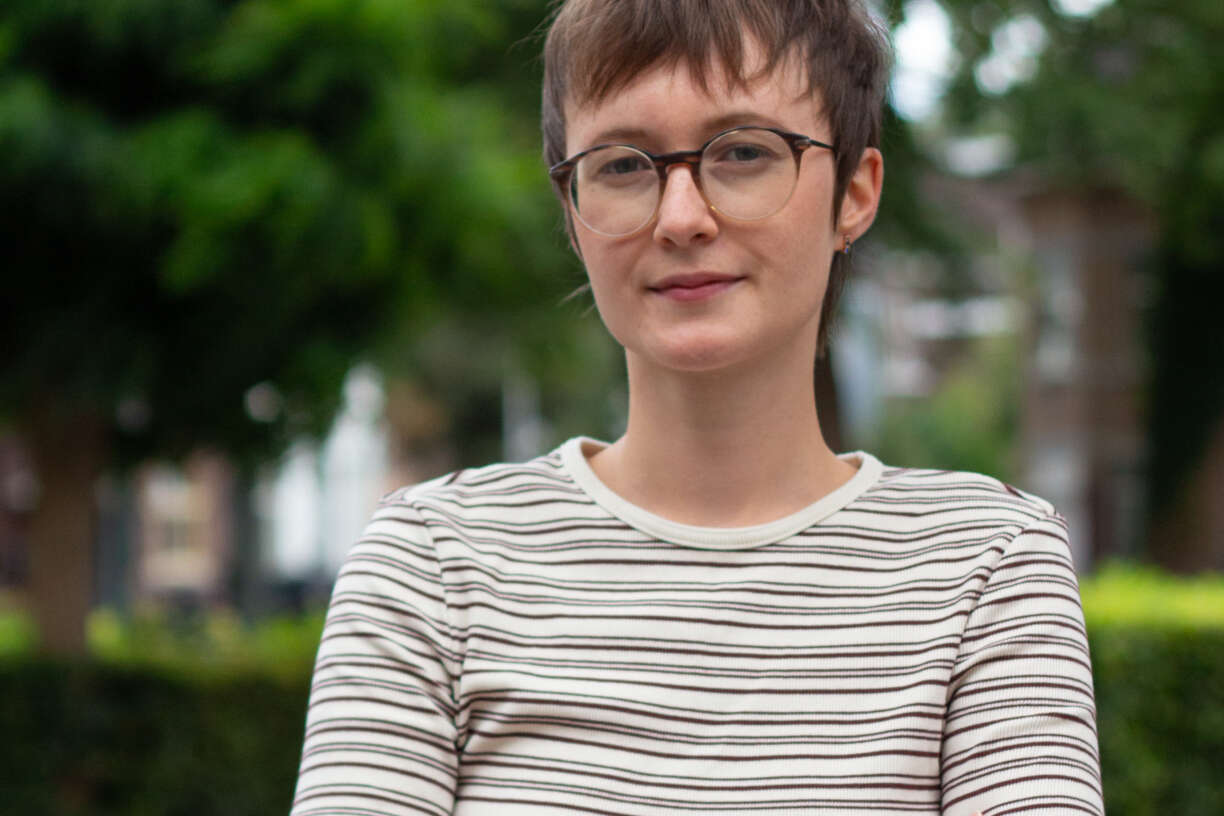
Hospitals in the Algorithmic Society
AI hype has moved to the central stage of the healthcare policy and practices. AI is increasingly portrayed as the ultimate solution to pressing issues, such as staff shortages and rising healthcare costs. For example, in 2019, the Dutch policy program ‘Valuable AI’ was introduced to encourage the adoption of AI technologies in healthcare organizations and facilitate trust in AI among both healthcare professionals and patients.
Yet, research on implementation challenges these techno-optimistic narratives, showing that such digital transformations do not always deliver straightforward results. Instead, they often generate paradoxes and controversies, associated with the changing priorities in the hospitals, emergent forms of (invisible) data work, increased surveillance, among other things.
Navigating these paradoxes requires much attention to the materialities and logics embedded in these new technologies. While most critical literature has focused on the micro- and meso-level of analysis, examining algorithmic transformations in clinical and organizational practices, this project aims to trace these changes to the ecosystem level. It will explore how algorithms reconfigure ambulatory hospital care at a top clinical (non-academic) hospital, including the role of the hospital in an ecosystem of organizations adapting to and driving digital transformation.
Thus, this project aims to pave the way for understanding how ambulatory care is moving from the consultation room in the hospital to networks of people and companies that produce, collect, and aggregate the data and develop the algorithms.
© Image: Rens Dimmendaal & Banjong Raksaphakdee / https://betterimagesofai.org / https://creativecommons.org/li...







